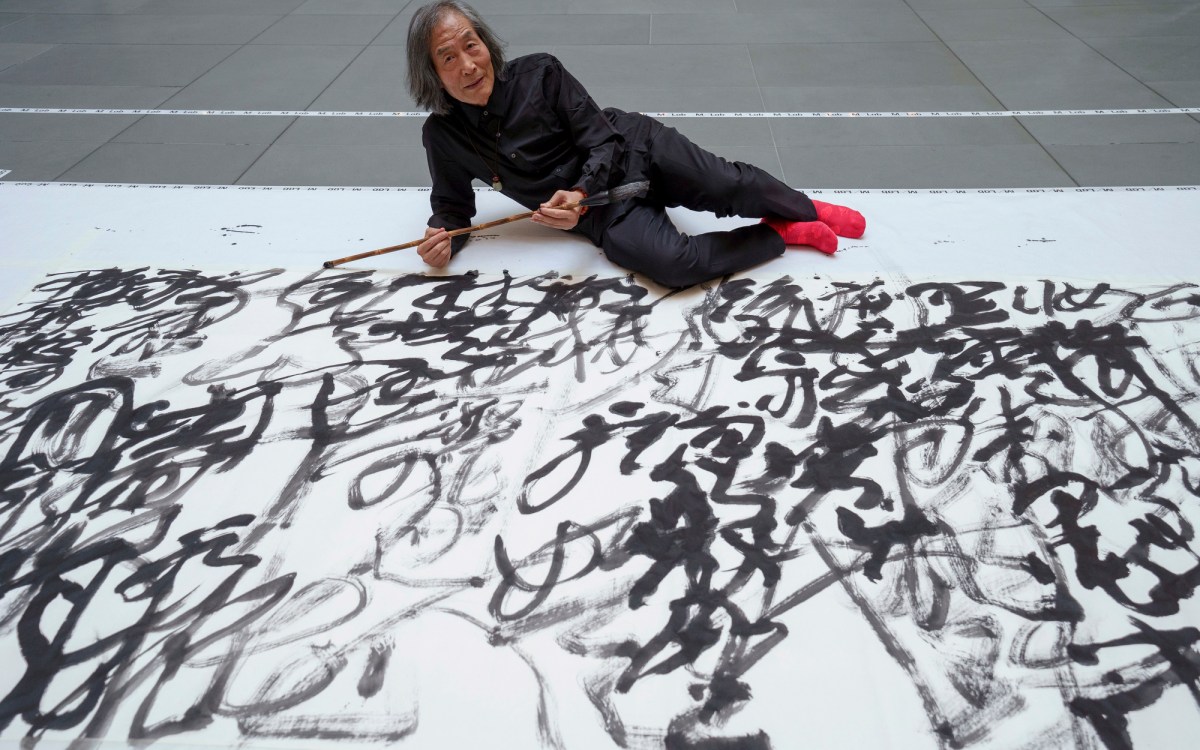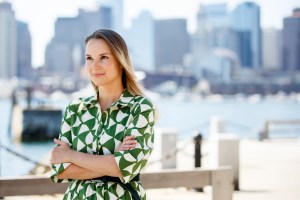Ending the Syrian Bloodshed: A JFK Jr. Forum
More than 110,000 people dead. Seven million individuals displaced from their homes. Three and a half million child refugees. Multiple assaults with chemical weapons.
These are the grim statistics that define the Syrian conflict. What began as peaceful demonstrations on March 15, 2011 has devolved into a human tragedy of epic proportions that has stymied the international community.
How to end the brutal civil war is far from evident. This, at least, was the dismal conclusion of experts who discussed the conflict at the John F. Kennedy Jr. Forum last night (September 24). “The Syrian Tragedy: Ending the Bloodshed” was moderated by Meghan O’Sullivan, Jeane Kirkpatrick Professor of the Practice of International Affairs at HKS.
Frederic Hof, a senior fellow with at the Atlantic Council, noted that a political situation, while possible, is not likely under current circumstances. “According to the US and the EU, the only way forward is a negotiated settlement,” said Hof. “But Russia and Syria aren’t buying it.”
“It’s too soon to tell if Assad is a winner or loser” after the proposed chemical weapons deal, said Mona Yacoubian, M.P.A. ’89, a senior adviser at the Stimson Center.
Joseph Bahout, professor of Middle Eastern studies at Sciences Po Paris, emphasized that the proposed disposal of Syria’s chemical weapons needs to be considered separately from the idea of a political solution to the civil war.
“If we solve for the chemical weapons, we don’t solve the Syrian problem,” he said. “A political solution, while desirable, seems impossible,” he said.





